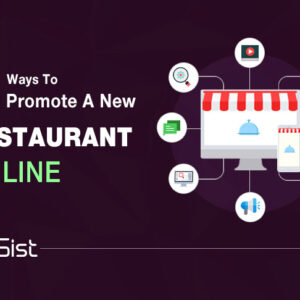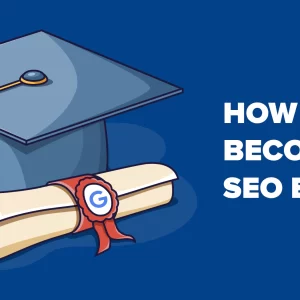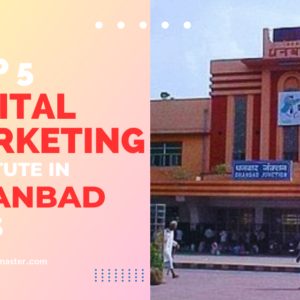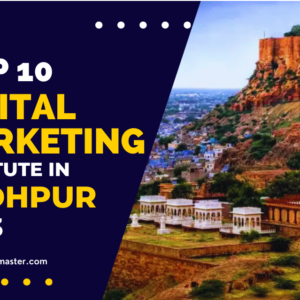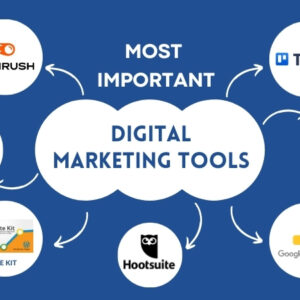Latest Digital Marketing Interview Questions for Freshers
Hey Friends, nowadays everyone is very serious about their and to get to a good job, they wander in so many place. And in the end if they get a job of their own choice then they can have troubles on their mind that how he could clear his interview by getting his job done. As we know that today everything has become digital like our Prime Minister Naredra Modi ji wants” I dream of a Digital India where knowledge is strength-and empowers the people”. Therefore, everyone has a curiosity to know about Digital Marketing. So today I will share some important digital marketing interview questions and answers with those fresher’s who wants to start their career in Digital Marketing and mostly that was asked by the company’s interviewers. I have complied a list of the must read and Digital Marketing Job Interview Question & Answers for both fresher as well as experienced candidates.
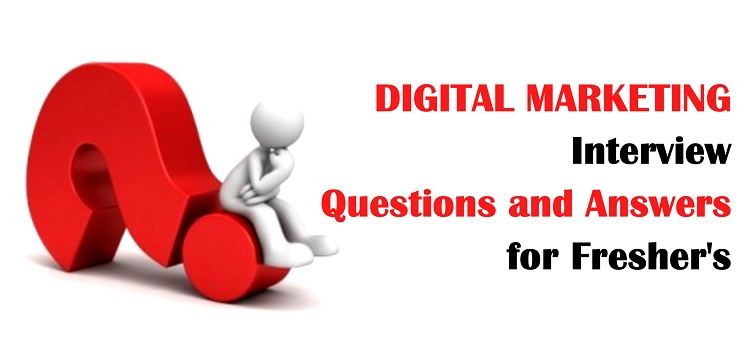
Digital Marketing Interview Questions and Answers
- What is digital marketing and how can you categorize the digital marketing?
Ans:Digital marketing is the brand marketing tactics through the internet. It includes various techniques like SEO, SEM and link building. And it is categorized into two segments:
- Inbound Marketing: This Inbound marketing technique takes the help of social media, digital content in e-books, e-newsletter to increase the number of clicks on links and learn more about a company and its services.
- Outbound Marketing: Outbound Marketing is the more traditional way of marketing in which the company consistently reaches out to its target audience with its promotional messaging.
- What is SEO and its types?
Ans: Search engine optimization / SEO is a process of keep changing the position of a website in a (SERP) search engine results by using keywords or phrases.
There are Two Types of SEO are:
- On Page Optimization
- Off Page Optimization
On Page Optimization: Onpage Optimization contains all measures (that search engines took from the website) on your website coding that is fully controlled by the developer. It contains Meta title, Meta descriptions, Meta Keywords, heading tags, content optimization etc. In simple words any changes that made within the websites ranging from website navigation structure to content placement strategy is known as on-page optimization.
Off Page Optimization: Off page SEO Activities that are done outside your website to improve its position in Google search result is called off page SEO. Generally all link building activities comes in this category. Below is the list of few off page methods.
- Directory Submission
- Social Bookmarking
- Search Engine Submission
- Profile Submission
- Business Listing
- Press Release
- Article Submission
- Social Media Submissions
- What is Organic Search and Organic Search Result?
Ans: The searching made through the Search Engines Query box known as Organic Search and the listing of pages that appears below the query box is called organic search result.
- What is Black Hat SEO and White Hat SEO?
Ans: Black Hat SEO: Black Hat SEO refers the technique to improve website ranking by breaking the rules, policies of Search Engines. Hidden text, Cloaking, Spamdexing etc are some well-known Black Hat SEO practices.
White Hat SEO: White Hat SEO refers the technique to improve website ranking by following the rules, policies of Search Engines like quality content, related Title, Meta tags, H1, etc.
- Explain the Importance of SEO?
Ans:The importance of SEO starts with the desire of the companies to gain more traffic for their websites. The ranking over search engines matter because users pay more heed to the first 5 searches on Google. Moreover, the users tend to trust Google’s refined search results because they consider these searches to be more authentic and specific.
- What is SERP?
Ans. Search Engine Result Page or SERP refers to the page that is displayed when a specific search query is entered over the search engine. Apart from showing a list of results, SERP might also include advertisements.
- What are paid results?
Ans. Paid results in SEO mean the exact opposite of organic results. It generally denotes to advertisements that are displayed above the organic results.
Several website owners make payments to Google to display their websites for certain search terms or keywords. Paid results show up when some user enters a search query with those keywords.
- What are backlinks?
Ans: Backlinks are also called incoming links that help users to shift from one web page to the other web pages. These links play an important part in SEO.
When Google search engine views multiple quality backlinks to a page, it considers the page to be more relevant to the search query, which helps in its indexing process and improves its organic ranking on SERPs.
- What is a Do-Follow link?
Ans: A Do-Follow Link, as the name suggests, allows Google link calculator called PageRank to count all the inbound links from other web pages and websites as link points.
The higher the link juice or link points are, the greater would be the search ranking of that web page, as these links make the web page appear very relevant and popular to the Google search engines.
- What is a No-Follow link?
Ans: A No-Follow link is exactly the opposite of a Do-Follow link as such the link attributes do not allow the Google bots to follow them. These links cannot be followed by robots; only humans can do it.
No-follow link attributes are structured in the following manner:
<a href=”http://www.example.com/” rel=”no follow”>Link text</a>
- What is a keyword in digital marketing?
Ans: “Keyword” in digital marketing is the word that a user’s or person enters into a search engine to find specific information.
- How important is it from the point of SEO?
Ans: From SEO point of view, for better page ranking keywords are very crucial. How and where you have used the keywords will reflect your site ranking.
- Explain what is PPC or Pay per Click advertising?
Ans: Pay Per Click also known as Cost per Click, is a technique used to direct traffic to websites. In this technique, advertisers pay the publisher (website owner or host of the website) when the ad is clicked. In other words, it is the amount spent to get an advertisement clicked.
- What is robots.txt?
Ans: Robots.txt is one way of telling the Search Engine Bots about the web pages on your website which you do not want them to visit.
Robots.txt is useful for preventing the indexation of the parts of any online content that website owners do not want to display.
IF you want to block all search engine robots from crawling your website, just put the follow code:
User-agent: *
Disallow: /
IF you want to block Google from crawling your website, just put the follow code:
User-agent: Googlebot
Disallow: /
It is important to decide the location of Robots.txt very carefully, or else errors might occur while displaying the website.
- What is HTML Sitemap?
Ans: An HTML sitemap comprises of one single HTML page that bears the links of all the web pages of any specific website. This sitemap holds the foundation of all web pages of any website.
HTML sitemap contains all formatted text files and linking tags of any website. It is particularly useful when you have a large website with multiple web pages, because it helps you to improve the navigation of your website by listing all the web pages in one place in a user-friendly manner.
- Which is the popular tool to track your website visitors?
Ans: Google Analytics – This tool is Freemium (Free + Premium) that tracks and reports Website Traffic, like how many visitors are online, from which location, how much time they spend time to particular page. You can check your website traffic in different segments like traffic from organic search, paid search or direct search. You can also monitor your traffic from different devices like Desktop, Mobile, Tablest, I-Phones with search keywords and landing pages.
- What is Google Analytics?
Ans: Launched in 2005 by Google, Google Analytics is one of the most empowering analytical tool in SEO, which helps the web masters to track and monitor the traffic on their websites.
It is a freemium web service, which means that it provides certain basic services free of charge while the premium services demand investment.
One of the advantages of using Google Analytics is that it can be integrated with other Google products such as Public Data Explorer, Google AdWords etc.
- What is robots.txt?
Ans: It’s a special kind of text file containing the instruction for Crawlers to crawl webpage(s), domains, files or directory. We can also instruct to crawlers to not do crawl particular webpage(s), domains, files or directory.
- What is Google PageRank?
Ans: Google PageRank was calculative software which determined the relevancy of one web page based on the number of quality backlinks it contains.
In other words, PageRank views backlinks as votes, which means if Page X links to Page Y, Page Y is voted by Page X. The job of PageRank is to interpret both the page content and find relevancy. The higher is the relevancy level; greater importance is ascribed to a certain page by Google which positively affects the organic result of that web page.
- What are the limitations of title and description tags?
Ans: Title tag can be normally between 50-68 characters and Meta description tag can be around 140 – 150 characters.

